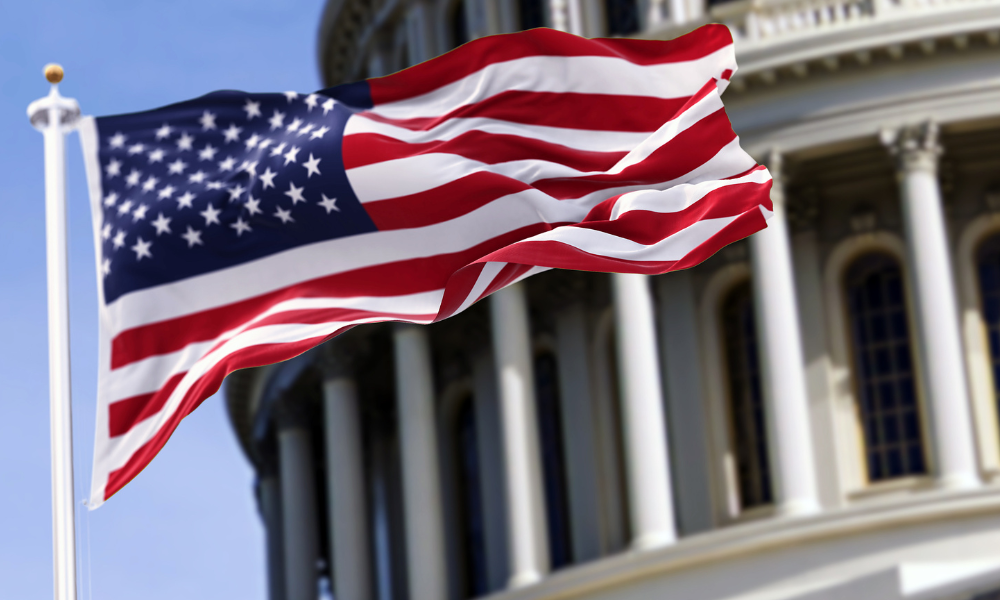
Some employers already implementing layoffs to prepare for economic headwinds

Nearly three in four HR leaders in the United States remain confident that they can navigate the changes brought about by the recent policies of President Donald Trump, according to a new report.
A survey from The Conference Board found that 73% of HR leaders are positive that they can lead despite the shifts in the political, social, and regulatory landscapes.
This includes 55% who feel confident, and 18% who feel very confident in their ability to manage change, according to the report.
"After navigating the pandemic and other recent economic and social shocks, HR chiefs believe that both they and their organisations have developed the adaptability to weather immense uncertainty," said Robin Erickson, PhD, Head of Human Capital Research, The Conference Board, in a statement.
The findings come despite 35% of HR leaders believing that Trump's recent policies negatively impact their workforce.
Among these policies are his recent actions placing DEI employees in the federal workforce on leave, with a later memo from Attorney General Pam Bondi saying the Department of Justice will eliminate "illegal" DEI programmes in the private sector.
Trump's tariffs are also expected to impact the workforce globally, with some employers already implementing layoffs to cushion any impact.
In the US, the United Parcel Service said in April it is expecting to cut about 20,000 jobs due to changes in the global trade policy and new or increased tariffs, The Guardian reported.
According to The Conference Board, some employers are implementing layoffs to proactively manage costs ahead of greater economic headwinds.
Its poll revealed that 41% of employers have already implemented layoffs in the past six months, up from 30% in 2024.
In fact, even organisations that expect a positive business impact from the new US policies have still implemented cost-saving measures, according to the report.
"While the new policy agenda may exacerbate labour and skills shortages, business leaders can create contingency plans for potential workforce disruptions," Erickson said.
Meanwhile, the report also found that workers remain generally positive about their employee experience despite the current external volatility. It discovered that employees report:
HR leaders, however, don't see it the same way, according to the report.
It found that only 23% of HR leaders believe employees experience high well-being at work, despite 48% of workers reporting it.
"The gap between leaders and employees in their perceptions of well-being is troubling, pointing to a significant disconnect in how well-being is understood, observed, or supported," said Diana Scott, Human Capital Centre Leader, The Conference Board, in a statement.
"Having a more accurate, nuanced understanding of the worker experience grounded in regular and candid worker feedback can help ensure that efforts to improve workplace culture and performance are both relevant and effective."